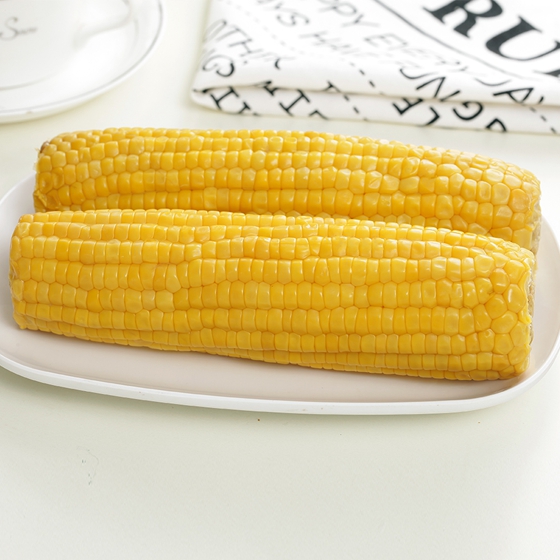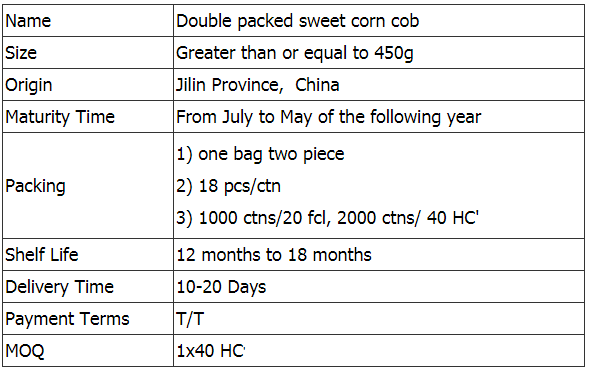Samsung ambition: or push the Galaxy bracelet for health care
The sub-brand series that Samsung Electronics has promoted in recent years is the Galaxy series. Although it is known as the "Galaxy", the number and types of products in this series are the name of the galaxy in the sky. After the launch of the Samsung smart watch Galaxy Gear, This series is not only a mobile phone product. For Samsung, whose industry chain is unremarkable, the Galaxy series obviously has the value of expansion.
In recent years, the smart bracelet that has been hot in the scientific and technological community will be Samsung's new target. Nike FuelBand, Fitbit and Jawbone have become popular products, and many startup teams have started from smart bracelets. According to South Korean media Digital Daily, Samsung will release a smart bracelet, or Galaxy Band, at next year's Mobile World Congress (MWC).
Of course, before the specific information of this product is confirmed by Samsung, it is not certain that the smart bracelet is called Galaxy Band, and may not even be a product of the Galaxy family. However, in terms of usage, it should be no different from ordinary smart bracelets. It is connected via Bluetooth and smartphone or tablet.
The Korean media quoted Samsung’s anonymous official as saying that the main role of the Galaxy Band is health care, and Samsung itself has a health application S Health, which can be used in the Galaxy S4. However, the Galaxy Band is not Samsung's first bracelet. It has been a S Band before, and it is also paired with S Health to monitor exercise and sleep. However, this S Band has been rejected and no longer appears on the Samsung website.
So will the Galaxy Band in this rumor be an evolution of S Band?
If this product is true, then according to Samsung's person in charge, its function is quite rich, in addition to the basic sports and sleep monitoring functions, Galaxy Band can also monitor environmental data such as pressure, humidity, and even GPS navigation. Most notably, the open software platform SAMI (Samsung Architecture for Multimodal Interactions) developed by researchers at the Samsung Open Innovation Center in Silicon Valley will be applied to the Galaxy Band, and the members involved in the SAMI development include the former. Apple Siri director Luc Julia, the previous news is that SAMI will focus on wearable devices.
SAMI and Siri are somewhat similar and have virtual assistant functions, but they are more open and can be used by other vendors. It is said that 50 manufacturers have been working with Samsung to develop and test the system. Luc Julia, who switched from Apple to Samsung, said that SAMI research and development is still in its infancy, and the finished product may be several years later. Luc Julia's position and the news of the Korean media are somewhat different. Perhaps the Galaxy Band is just a test of SAMI's test.
When the keywords Galaxy, Smart Bracelet, SAMI, Siri and Luc Julia were combined, we vaguely saw the shape and ambition of Samsung.
The Galaxy Band will have voice recognition and will have a good interaction with the Galaxy series phones, and the S Health app will not be Samsung's gimmick. At the recent Samsung analyst meeting, Samsung made it clear that it will increase its investment in software in the future. Then SAMI's ambitions in the field of wearable devices are very obvious. The mobile phone field can't escape Android's control. So wearable devices, and even the larger Internet of Things, Samsung seems to want to take up both hardware and software.
A medium-sized cob of corn provides more than 10% of our daily dietary fibre requirements.
There are two types of dietary fibre - soluble and insoluble - and sweet corn contains both.
According to the American Heart Association, dietary fibre as part of an overall healthy diet can help lower blood cholesterol levels and may reduce the risk of heart disease. It is insoluble fibre that binds to cholesterol, preventing it from being absorbed into the bloodstream.
Insoluble fibre is responsible for promoting regularity and helping to prevent constipation by speeding up the passage of food and waste through the intestines and absorbing water to keep stools soft. Insoluble fibre has been shown to reduce the risk of haemorrhoids.
Fibre-containing foods such as sweetcorn also help to provide a sense of satiety and may therefore help to suppress appetite and aid weight management.
Dietary fibre has also been linked to a reduced risk of type 2 diabetes. A diet rich in fibre helps patients manage their disease.
Fibre is fermented by bacteria in the colon. Promising studies are underway to determine the health-promoting effects of fibre fermentation breakdown products, for example, short-chain fatty acids, which may help to maintain a healthy gut.


Yellow Sweet Corn,Double Packed Sweet Corn,Double Packed Sweet Corn Cob,Double Packed Yellow Sweet Corn
Jilin Province Argricultural Sister-in-law Food Co., Ltd. , https://www.nongsaocorn.com
